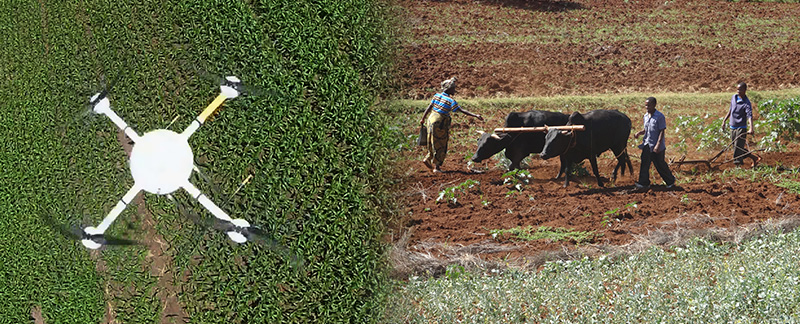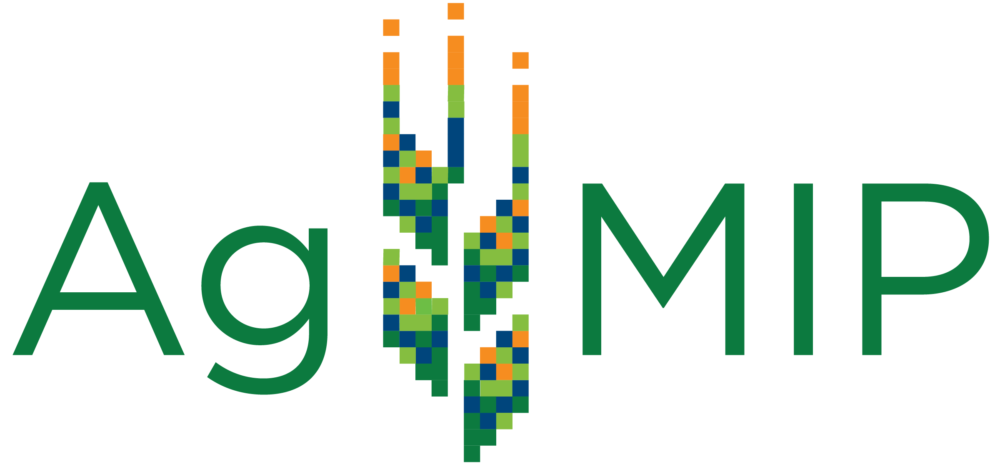Laying the Groundwork for the Next Generation of Agricultural System Models
Apr 8, 2015
By: Shari Lifson
Agricultural system models provide predictive and assessment capability to a wide range of decision-makers in the private and public sectors. However, despite extensive research to improve agricultural models, many of the models used today are the result of investments made 30-40 years ago, and do not incorporate the major advances in data, information, and communication technology achieved in the past decade. Further, it is increasingly understood that model outputs do not, in and of themselves, constitute decision support systems.

A Next Generation Models Groundwork scoping study, funded by the Bill and Melinda Gates Foundation, has, over the course of a year, convened both internationally renowned and early career experts from around the world to review the current state of agricultural system models and to explore possibilities for advancing developments in models, data, and information technology. A new set of papers titled “Towards a New Generation of Agricultural System Models, Data, and Knowledge Products”, led by the AgMIP Principal Investigators, was recently completed as a result of this study (download the complete set of papers as a pdf).
The set includes an introductory paper and three background papers. The “State of Agricultural Systems Science” contribution by J.W. Jones et al. summarizes the background and current state of agricultural system models, methods, and data that are used for a range of purposes. “Model Design, Improvement and Implementation” by J.M. Antle et al. presents ideas for a new generation of agricultural system models and data that could meet the needs of a growing community of end-users exemplified by a set of Use Cases. “Building an Open Web-Based Approach to Agricultural Data, System Modeling and Decision Support” by S. Janssen et al. examines how recent developments in information and communications technology can be leveraged to design and implement the next generation of data, models, and decision support tools for agricultural production systems.
A key innovation envisioned for these NextGen models includes linkages to a suite of knowledge products ranging from mobile technology “apps” to personal computer-based dashboards to online analytical and communication tools. Tools that customize information from agricultural models to specific uses and users will enable access by a broader array of stakeholders over a wider range of purposes than is now possible.
